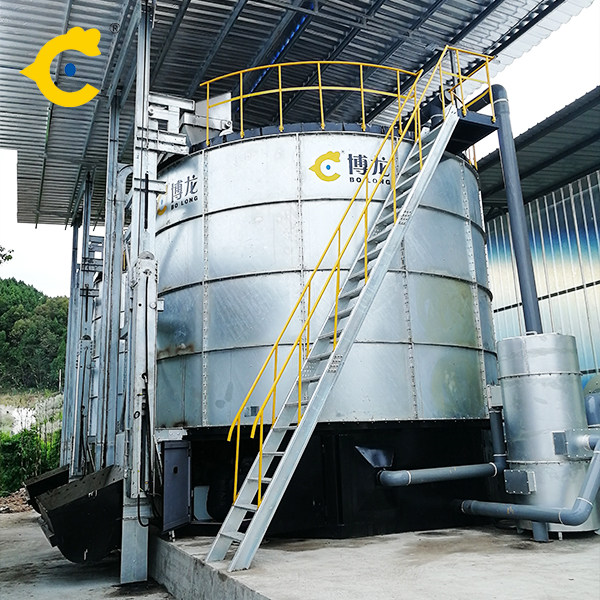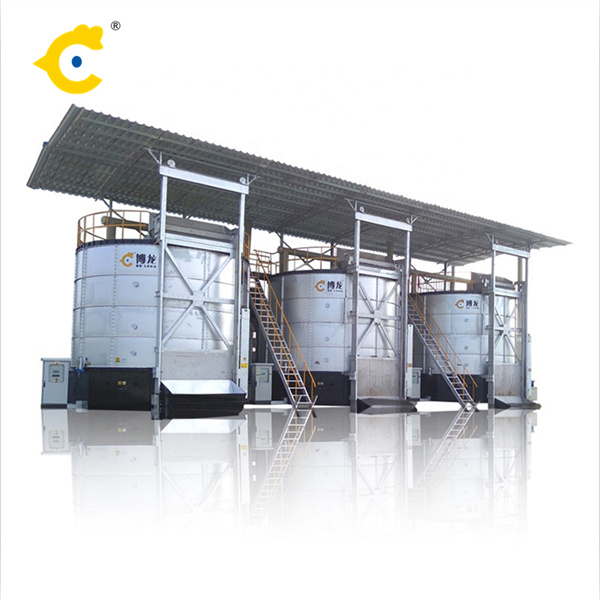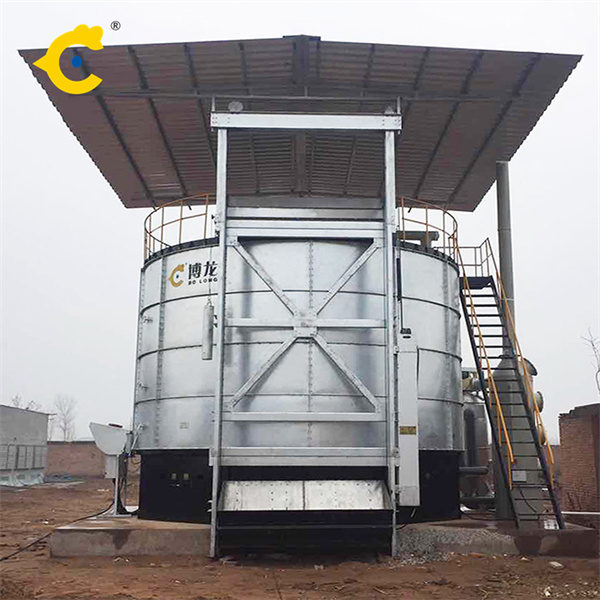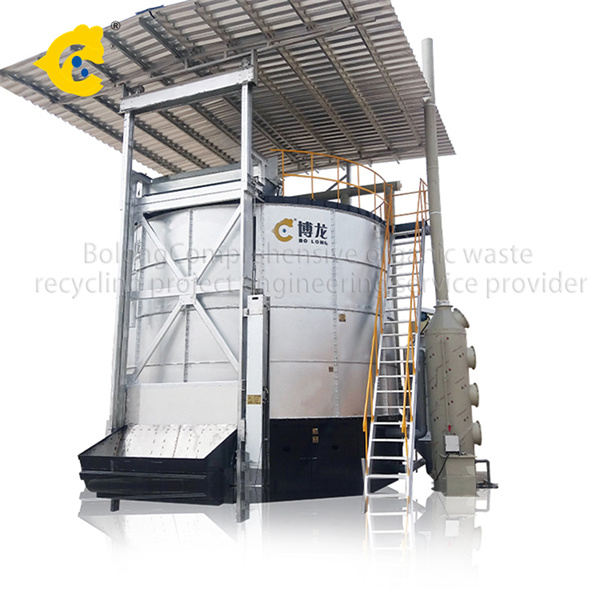Some potential approaches for recycling agricultural wastes by utilizing various scientific and direct methodologies are compost generation, livestock feed production, biofuel production for automobile and industrial use, manure, mulching, paper and cardboard manufacturing, bioethanol synthesis, bio-bricks production.







